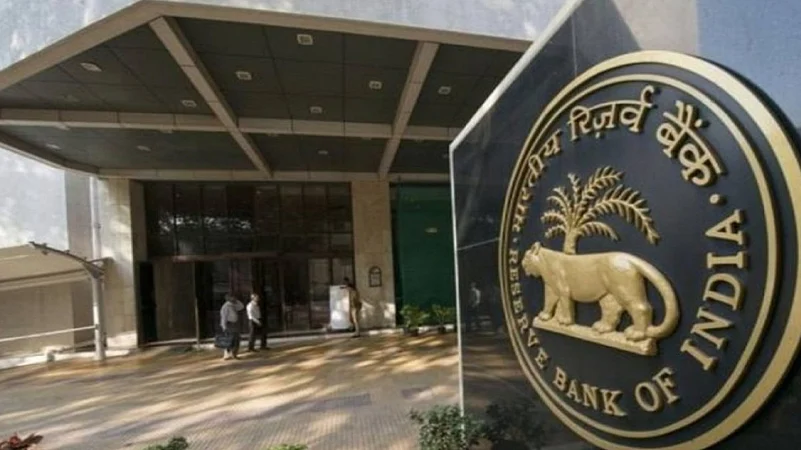The Reserve Bank on Friday said it has received a "good response from four-five countries and many banks" for settling bilateral trade in the rupee.
As part of its measures to internationalise the rupee and ease the pressure on the local currency from a steeply rising dollar, following the Russian invasion of Ukraine, the RBI had on July 11 issued guidelines on settling international trade in the rupee.
While issuing the guidelines, the Reserve Bank said, "The mechanism to settle international trade in the rupee is to promote the growth of global trade with emphasis on exports and to support the increasing interest of the global trading community in the rupee".
At the customary post-policy presser, deputy governor T Rabi Sankar told reporters that "the response (to the rupee trade settlement proposal) has been fairly good. But since the process involves a lot vetting at the levels of banks, central banks and also of the governments, it is taking time".
While refusing to name any country or foreign banks that have shown interest in settling bilateral trade in the rupee, he said "though I cannot name any country or foreign bank that has shown interest in this, I am happy to inform you that we have received positive responses from at least four-five countries and many foreign banks along with many local banks too".
The move came in the wake of increasing pressure on the rupee following Russia's invasion of Ukraine and sanctions by the US and the EU. The rupee has lost over 7.6 per cent so far this fiscal but is still one of the best-performing emerging market currencies.
In the circular issued to commercial banks on July 11, the RBI said all exports and imports under this arrangement may be denominated and invoiced in the rupee, which is expected to facilitate importers and exporters to avoid rules that prevent the use of a global currency such as the US dollar for trade with certain countries.
Among the domestic banks, state-owned Uco Bank is the only one to have opened a vostro account so far while others are seeking more safeguards fearing sanctions from western governments.
It can be noted that it was Uco Bank that opened a special window to settle payments for Iranian oil imports after the western nations reimposed economic sanctions on the Persian nation for walking out of the nuclear agreement when Donald Trump was the American president.
"Exchange rate between the currencies of the two trading partner countries may be market-determined," the RBI circular said, without mentioning the name of any country.
According to the central bank, authorised dealer banks in the country are permitted to open rupee vostro accounts. Accordingly, for settlement of trade transactions with any country, a domestic AD bank may open special rupee vostro accounts of the correspondent banks of the partner trading country.
A vostro account is an account a correspondent bank holds on behalf of another bank.
"Importers undertaking imports through this mechanism shall make payment in the rupee which should be credited into the special vostro account of the correspondent bank of the partner country, against the invoices for the supply of goods or services from the overseas seller /supplier," the RBI said.
"Exporters, undertaking exports of goods and services through this mechanism, should be paid the export proceeds in INR from the balances in the designated special vostro account of the correspondent bank of the partner country."
Though there were rumours about New Delhi and Moscow entering into a rupee-rouble deal for oil imports after Russia was placed under sweeping sanctions following its invasion of Ukraine in February, nothing has moved forward meaningfully.


























.jpg?w=200&auto=format%2Ccompress&fit=max)




